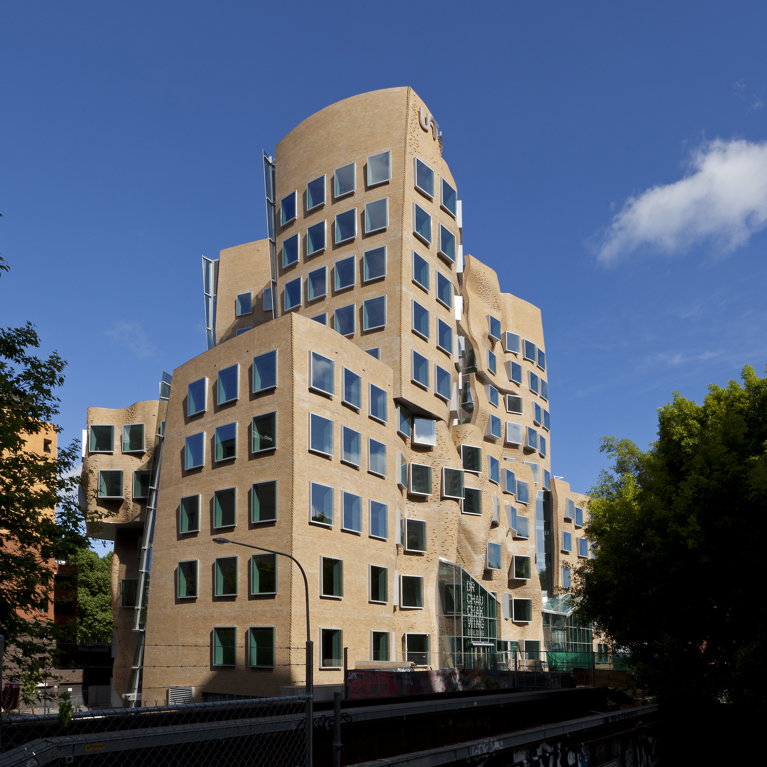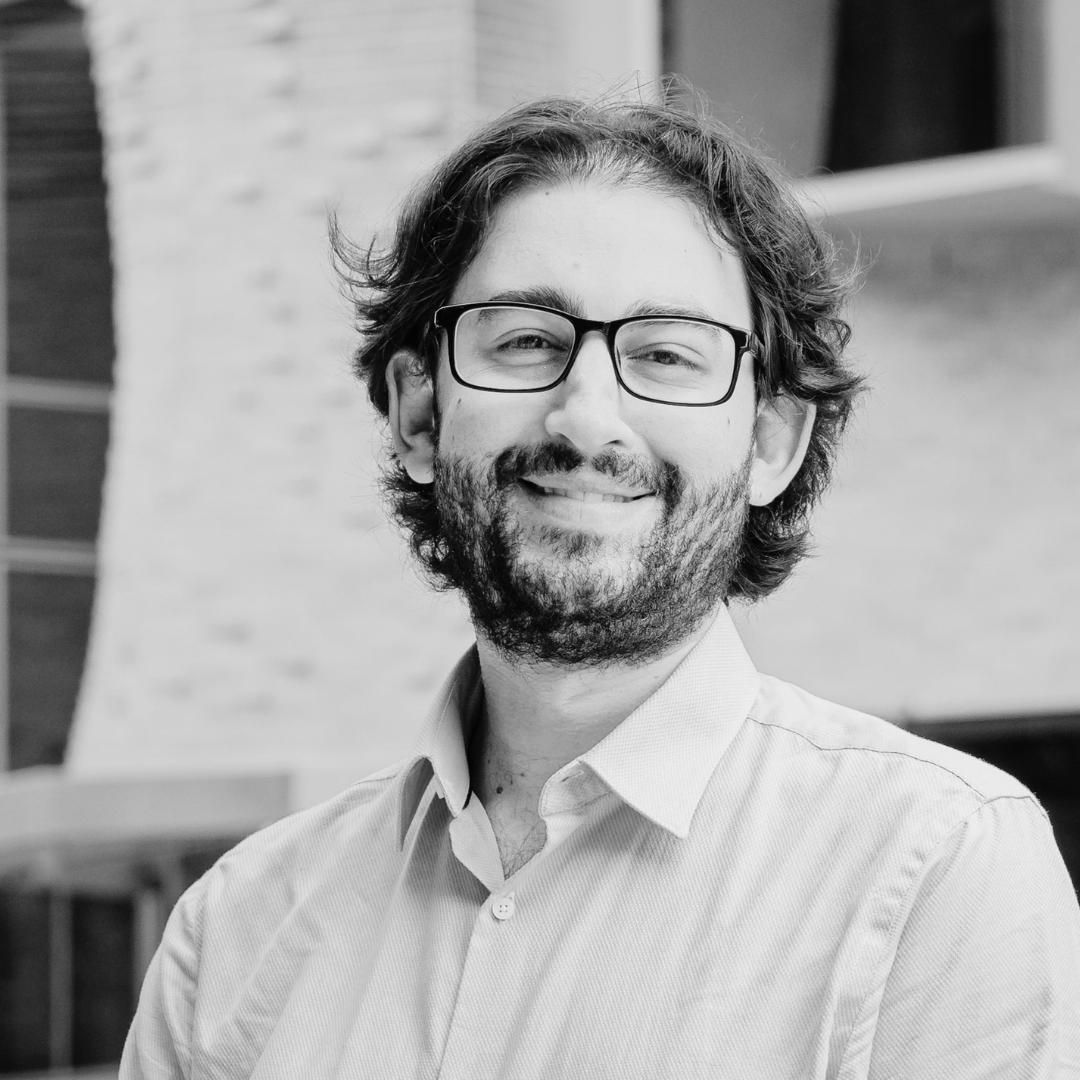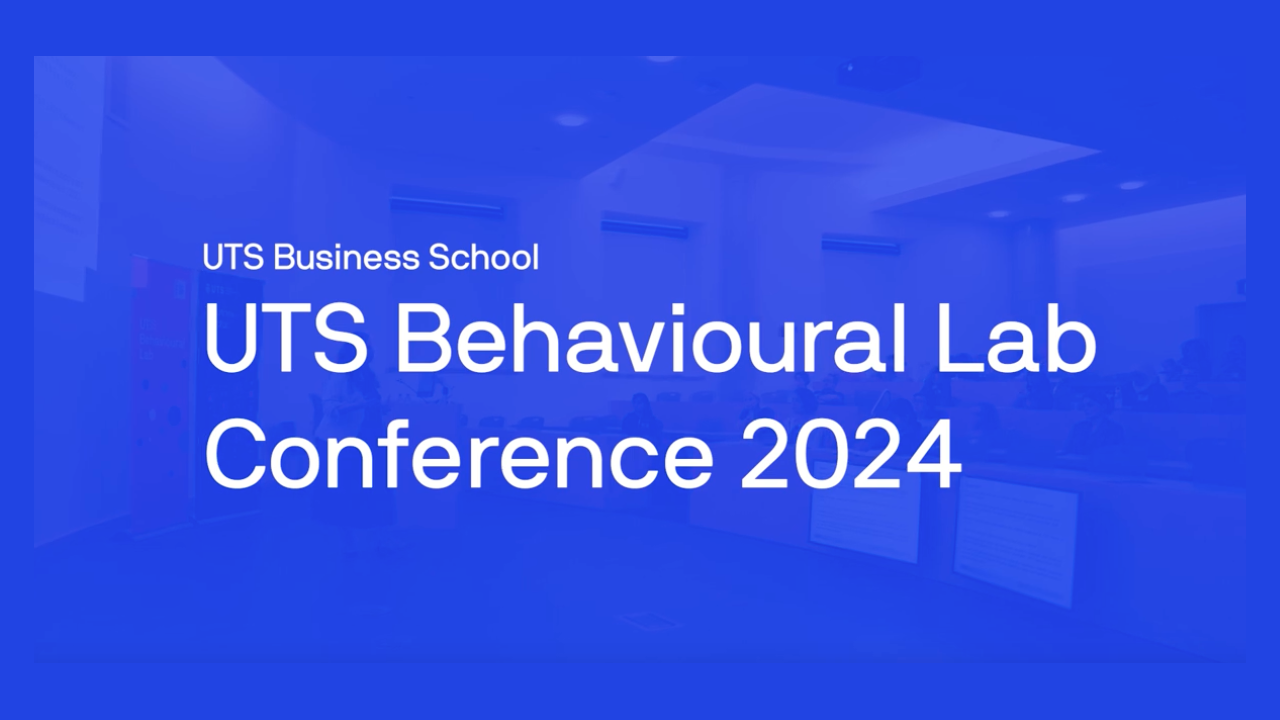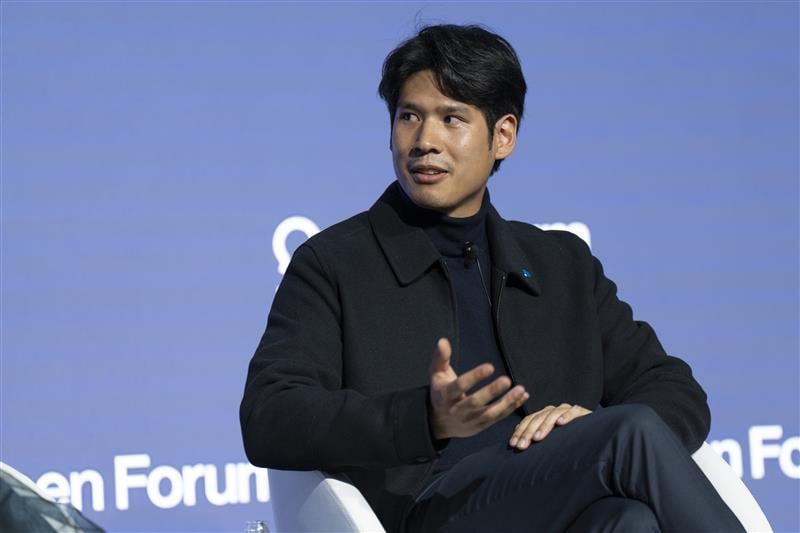The UTS Behavioural Lab is devoted to theoretical and empirical research related to human judgments, preferences and decisions as well as their marketplace and societal consequences.
The UTS Behavioural Lab conducts research studies, predominantly using experiments, to make informed recommendations to practitioners in industry and government.
The leadership and members of the UTS Behavioural Lab are drawn from all areas of the UTS Business School, which contributes to the Behavioural Lab’s multidisciplinary approach to solving problems.
A single goal unites studies at the UTS Behavioural Lab – understanding human behaviour. We believe this is the key to effective decision-making and social impact.
Members of the Behavioural Lab supervise research conducted by PhD, masters and honours students. Lab members are also key contributors to the unique Master of Behavioural Economics degree.











